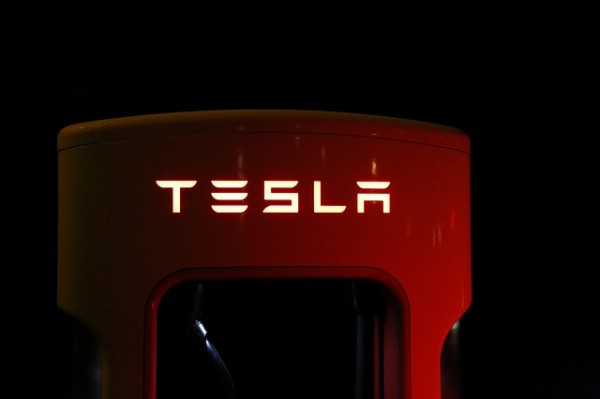By S. Rina, | December 29, 2016

Tesla's Autopilot system uses radar signals for detecting the objects in its way. (Pixabay)
Tesla's Autopilot system is believed to have saved a Norwegian family from getting into a high-speed car accident. The incident was revealed through a video footage taken from the dashcam of the car. The video suggests that Tesla's Autopilot system may be more efficient than human judgment in predicting and avoiding a collision.
Like Us on Facebook
Original video, authorisation from the owner. Essential, no one could predict the accident but the radar did and acted by emergency braking. pic.twitter.com/70MySRiHGR
— Hans Noordsij (@HansNoordsij) December 27, 2016
The 40-second clip shows a car on the highway in the Netherlands. The Model X Tesla was able to predict an accident before being detected by the driver. The video shows a car rear-ending an SUV, which ultimately leads to the SUV flipping over on impact.
However, before this happened, the video featured a sound, which was later confirmed to be from Tesla's Autopilot system. Thus, the system was capable of predicting the collision before it happened. The Tesla owner also said that the system initiated the braking system before the human intervention.
Tesla's Autopilot system uses radar signals for detecting the objects in its way. This way it is not only able to sense the objects right ahead of it, but also the objects which may yet not be visible to the driver. This capability was added to the system in September this year with the 8th version of the software.
However, Tesla emphasizes that the technology is still in the nascent stage. The company said that it would constantly endeavor to further boost its radar technology. Further, it stated that photons react differently to different surfaces. While these photons perceive plastic and wood as almost transparent, human beings appear translucent to them.
Tesla is also planning to crowdsource the data as it believes that more and more such vehicles on the road will enable a higher quantity of data to be uploaded. Such data may then be used to better predict driving and road conditions.
-
Use of Coronavirus Pandemic Drones Raises Privacy Concerns: Drones Spread Fear, Local Officials Say

-
Coronavirus Hampers The Delivery Of Lockheed Martin F-35 Stealth Fighters For 2020

-
Instagram Speeds Up Plans to Add Account Memorialization Feature Due to COVID-19 Deaths

-
NASA: Perseverance Plans to Bring 'Mars Rock' to Earth in 2031

-
600 Dead And 3,000 In The Hospital as Iranians Believed Drinking High-Concentrations of Alcohol Can Cure The Coronavirus

-
600 Dead And 3,000 In The Hospital as Iranians Believed Drinking High-Concentrations of Alcohol Can Cure The Coronavirus

-
COVID-19: Doctors, Nurses Use Virtual Reality to Learn New Skills in Treating Coronavirus Patients







